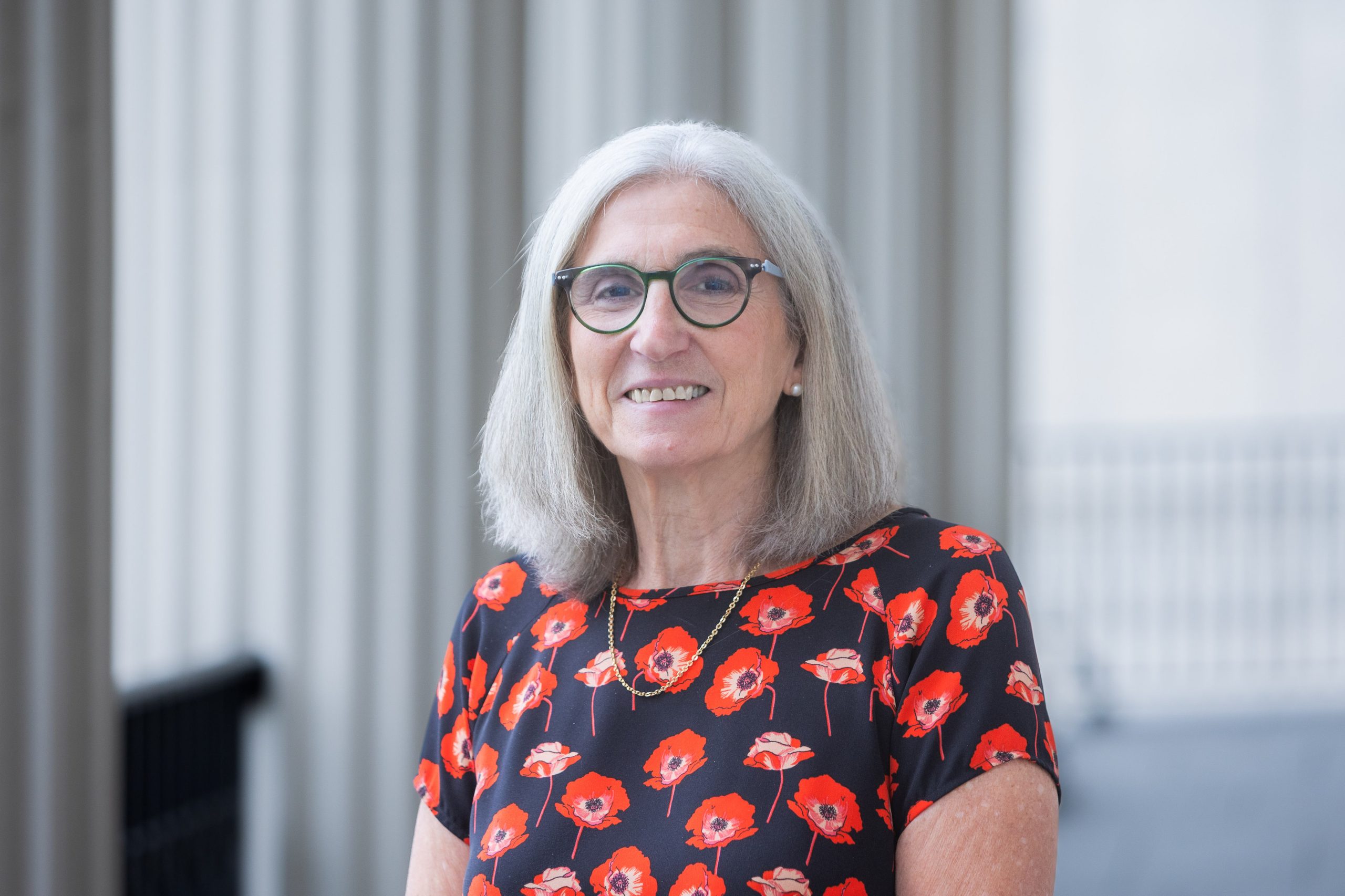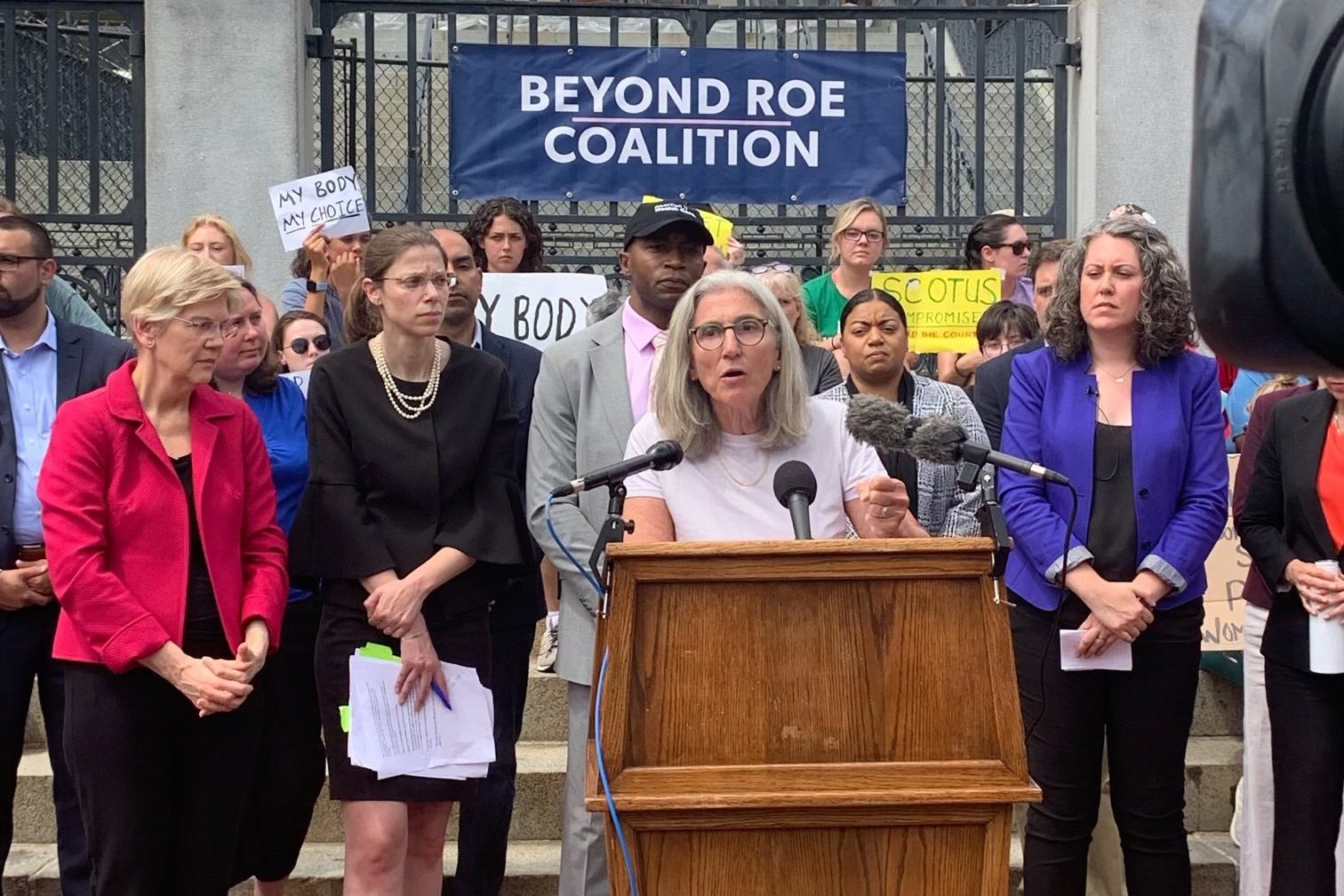“State Sen. Cindy Friedman put a survey on social media asking residents for their feedback of the state’s public transportation system.
“Whether you board an MBTA bus in Burlington, ride the commuter rail from North Billerica or Woburn, take the Red Line from Alewife, or avoid public transportation altogether because of inconsistent service, there are vital improvements that need to be made in order to transition to a 21st century transportation system that works for everyone,” the post says. “Your input in needed for real action in solving these problems or we’ll continue to experience unreliable service, more derailments, over-crowded trains, and more.
“Many people rely on public transportation each day to travel to and from work and have expressed frustration with the lack of urgency when it comes to addressing our public transportation crisis,” the post continues. “Help make a difference in the commuting and travel needs of Burlington and surrounding communities by Clicking Here and sharing your thoughts.”


